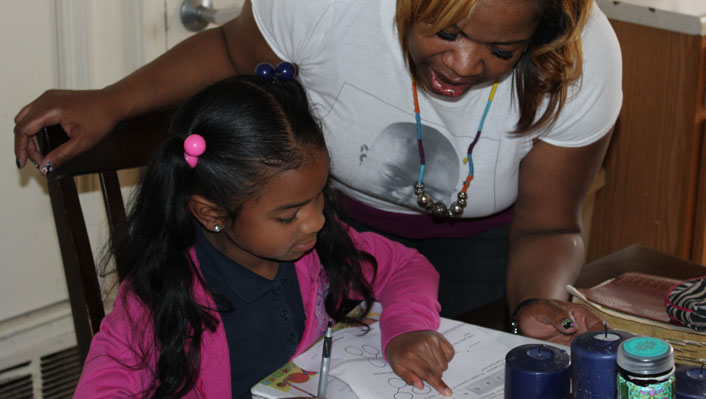Aging Adults

What is often referred to as the "invisible population," (homeless and formerly homeless elders age 50 and older), can no longer be overshadowed or overlooked. The population has grown significantly, nearly half all single homeless adults are over age 50. Supportive housing, is also experiencing a "graying" tenant population that calls for changes to the way that quality supportive housing is delivered. CSH provides the tools and solutions to promote healthy aging in supportive housing.
Child Welfare Involved Families

Screening for Family Housing Stability
Chronically Homeless Individuals
As the supply of affordable, supportive housing has increased, chronic homelessness has declined nationwide. We know that supportive housing works and has become a main-stream intervention to end chronic homelessness and address rising costs in healthcare and other crisis services for vulnerable individuals.
Justice Involved

Some people with substance dependence and behavioral or mental health needs cycle between homelessness and incarceration for months or years due to a national failure to invest adequately in critical services and community-identified supports. CSH has worked alongside communities for decades as they have constructed housing models to expand access to housing for people impacted by the justice system.
Adults with Intellectual & Developmental Disabilities
There have been increased efforts to assist individuals who are institutionalized or housed in other segregated settings toward integrated, community-based housing. Individuals with Intellectual and Developmental Disabilities (I/DD) should have access to a range of community- based housing like supportive housing and flexible services that allow them to lead lives of dignity and maximum independence.
Youth
Young adults ages 18 to 24 are the largest growing homeless population in the country; homeless children and youth accounted for a third of the homeless population in 2014. CSH provides training, technical assistance and resources to housing and service providers on creating high-quality supportive housing for Transition Age Youth (TAY) aged 18-24 involved with homeless, juvenile justice and public child welfare systems; and on the use of the CSH-TAY Triage Tool.
